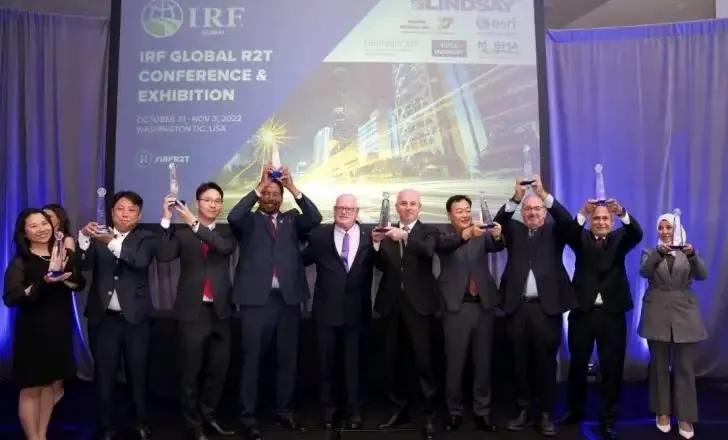
In February 2016, the UK government announced that the Flourish consortium was a winner in its multi-million pound research programme to fuel development in user-centric autonomous vehicle technology and connected transport systems.
Co-funded by Innovate UK, the three-year project, in which TSS-
Speaking at the company’s stand here at Intertraffic Amsterdam 2016, Jordi Casas, Executive Director of R&D at TSS-Transport Simulation Systems, highlights the company’s involvement. “Our role in the Flourish project is to build a simulation test environment using our integrated Aimsun traffic modelling software to assess different automated vehicle implementation scenarios.
A simulated environment is a way to accurately investigate the impacts of different vehicle management and control strategies as well as the impact of robustness issues such as input delays, data integrity, and any black spots in data availability,” Casas explained.
Through collaboration with project lead partner, Atkins, and also Dynniq and the University of Bristol, Flourish will allow a comprehensive assessment of the impacts that CAV vehicles will have on traffic performance at a city-wide level, including inter-urban roads and motorways. The project starts in June 2016.









